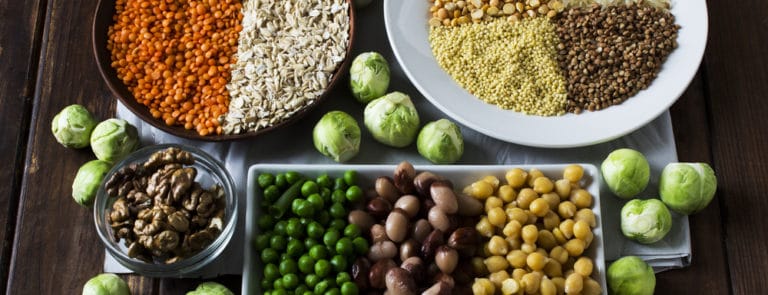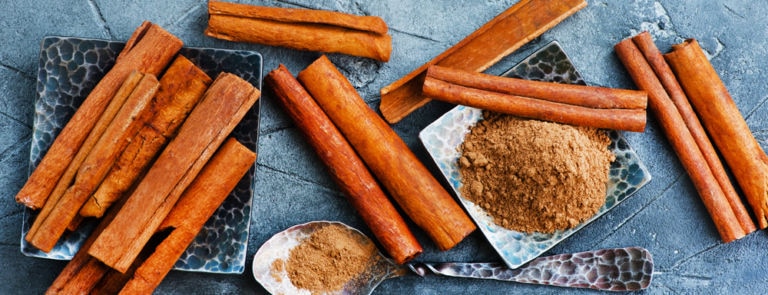10% off £35
Code:SAVE
Here’s why your body loves protein (and how you can get enough of it)

Male, female, pregnant, veggie, vegan, old, young – protein is good for everyone! Here’s why your body loves protein and how you can get enough of it.
Male, female, pregnant, veggie, vegan, old, young – protein is good for everyone!
Let’s start by dispelling one of the biggest myths about protein out there: ladies, we’ve got good news for you. If you consume lots of protein either via your diet or via shakes, bars etc, you’re definitely not going to bulk up like a man. The muscle growth men experience when they train is down to a male growth hormone you might have heard of: testosterone… not protein.
 There you have it! In helping your body hit the recommended amount each day you can boost your immune system, build your strength and keep those joints healthy. What’s not to love?
Shop Sports Nutrition
Sources
www.aminoacidstudies.org/immune-system/
http://www.fitday.com/fitness-articles/nutrition/proteins-fats-and-carbs-how-to-balance-your-diet.html
www.webmd.boots.com/healthy-eating/guide/getting-enough-protein
There you have it! In helping your body hit the recommended amount each day you can boost your immune system, build your strength and keep those joints healthy. What’s not to love?
Shop Sports Nutrition
Sources
www.aminoacidstudies.org/immune-system/
http://www.fitday.com/fitness-articles/nutrition/proteins-fats-and-carbs-how-to-balance-your-diet.html
www.webmd.boots.com/healthy-eating/guide/getting-enough-protein
So what is protein exactly?
Protein is essentially the building blocks of our cells and body tissue. It’s made up of 20 amino acids – 12 of which are made by our bodies with the other 9 being obtained by eating food like green veggies, lentils, beans and products like shakes and bars.Why is it good for you?
Protein isn’t only essential to staying healthy – there are specific benefits to ensuring your intake is where it needs to be, particularly if you’re into exercise. These are: Muscle recovery It helps your muscles to recover. Your muscles can feel the effects of a workout for up to 24 hours afterwards, so it’s important to supply them with amino acids that can repair any damage and replenish energy. Calorie burning It takes longer to digest and therefore require more energy (calories) than carbohydrates and fats to break down. For this reason, people on high protein diets sometimes lose more weight than those with a lower intake. Appetite control It takes longer to digest so it has the effect of keeping you feeling fuller for longer. If you find you’re getting hungry throughout the day, boosting your intake may stop you feeling peckish as often. Immunity boosting It is made up of the 20 amino acids your body needs for growth and repair. Research has shown some of these amino acids could be important for immune function and that a low-protein diet may result in a reduction of immune cells, anti-body production and contribute to other immunity problems1.What can I do to increase my intake?
Making some small changes to your diet is all there is to it. Check out some examples of protein-rich foods and the amount of protein they typically give you:- 100g of broccoli – 3g
- 100g kale – 4g
- 50 pistachio nuts – 6g
- 100g of lima beans – 7g
- 100g pinto beans – 21g
- 100g of tofu – 8g
- 1 spoonful of peanut butter – 8g
- 1 pint of soy milk – 16g
- 1 serving of whey powder (24g) – 18.5g
- 1 whey bar (50g) – 25g
How much do I need?
The amount of protein you need will change throughout your life. Around 20% of the calories you consume should come from protein2. According to the recommended nutrient intake (RNI) guidelines3, women & men should aim to consume the following amounts within their diet: There you have it! In helping your body hit the recommended amount each day you can boost your immune system, build your strength and keep those joints healthy. What’s not to love?
Shop Sports Nutrition
Sources
www.aminoacidstudies.org/immune-system/
http://www.fitday.com/fitness-articles/nutrition/proteins-fats-and-carbs-how-to-balance-your-diet.html
www.webmd.boots.com/healthy-eating/guide/getting-enough-protein
There you have it! In helping your body hit the recommended amount each day you can boost your immune system, build your strength and keep those joints healthy. What’s not to love?
Shop Sports Nutrition
Sources
www.aminoacidstudies.org/immune-system/
http://www.fitday.com/fitness-articles/nutrition/proteins-fats-and-carbs-how-to-balance-your-diet.html
www.webmd.boots.com/healthy-eating/guide/getting-enough-proteinRelated Articles
Shop by wellness goal
Sign up for exclusive offers
Plus, get expert advice to support your health & wellness straight to your inbox when you sign up to Holland & Barrett emails.
Read our
privacy policy














